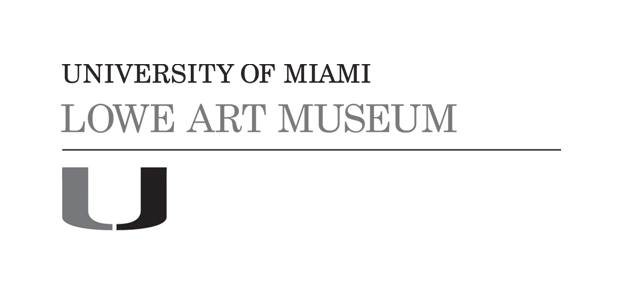Jar
Artist/Maker
Colima
(Pacific Coast, Mexico)
Dateca. 300 BCE-300 CE
CultureColima
Mediumpottery and slip paint
DimensionsOverall: 6 1/2 x 14 3/8 x 6 in. (16.5 x 36.5 x 15.2 cm)
ClassificationsContainers
Credit LineMuseum purchase
Terms
Object number89.0160
On View
Not on viewCollections
1723-1735













